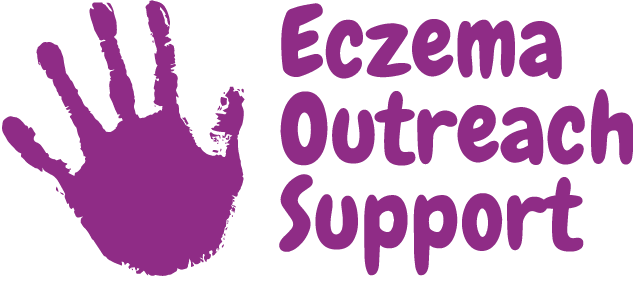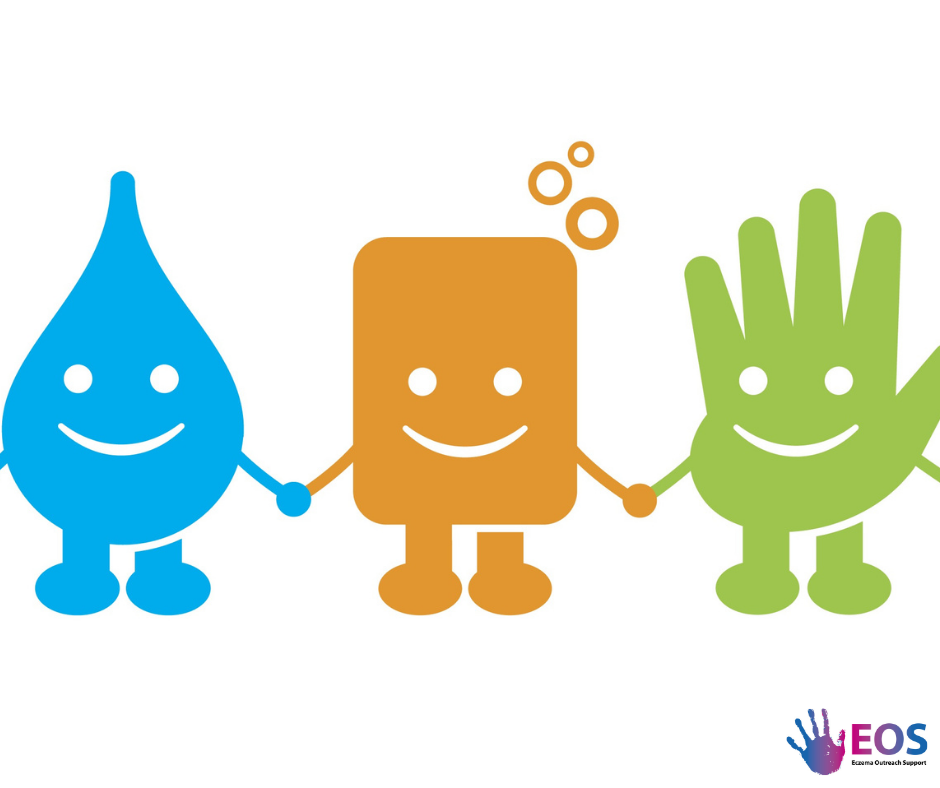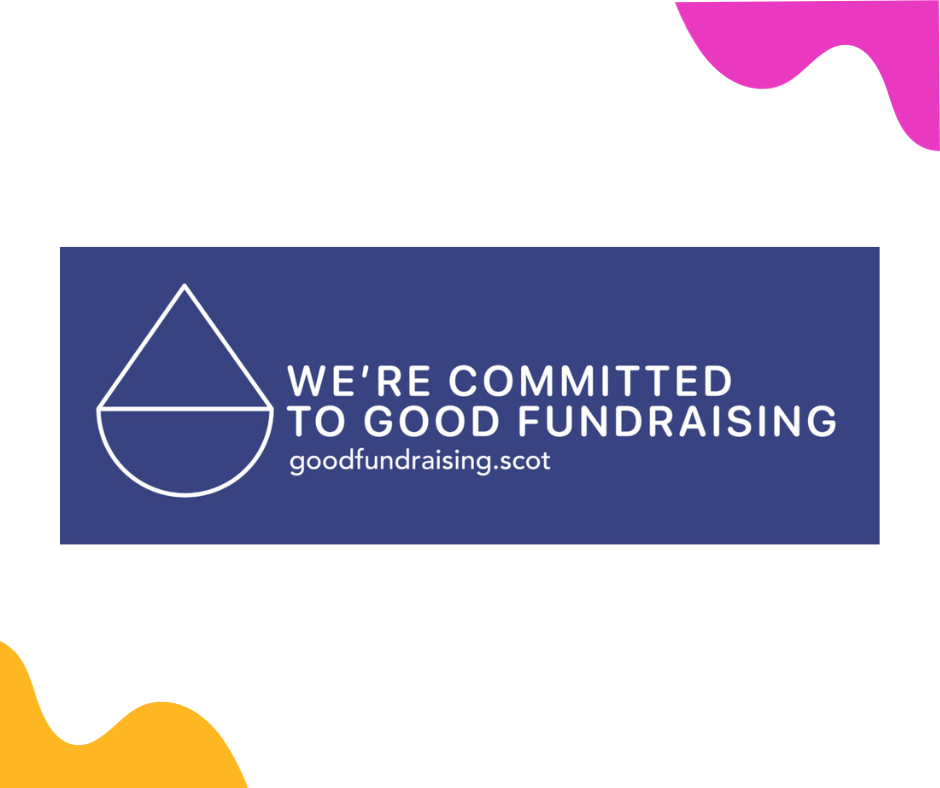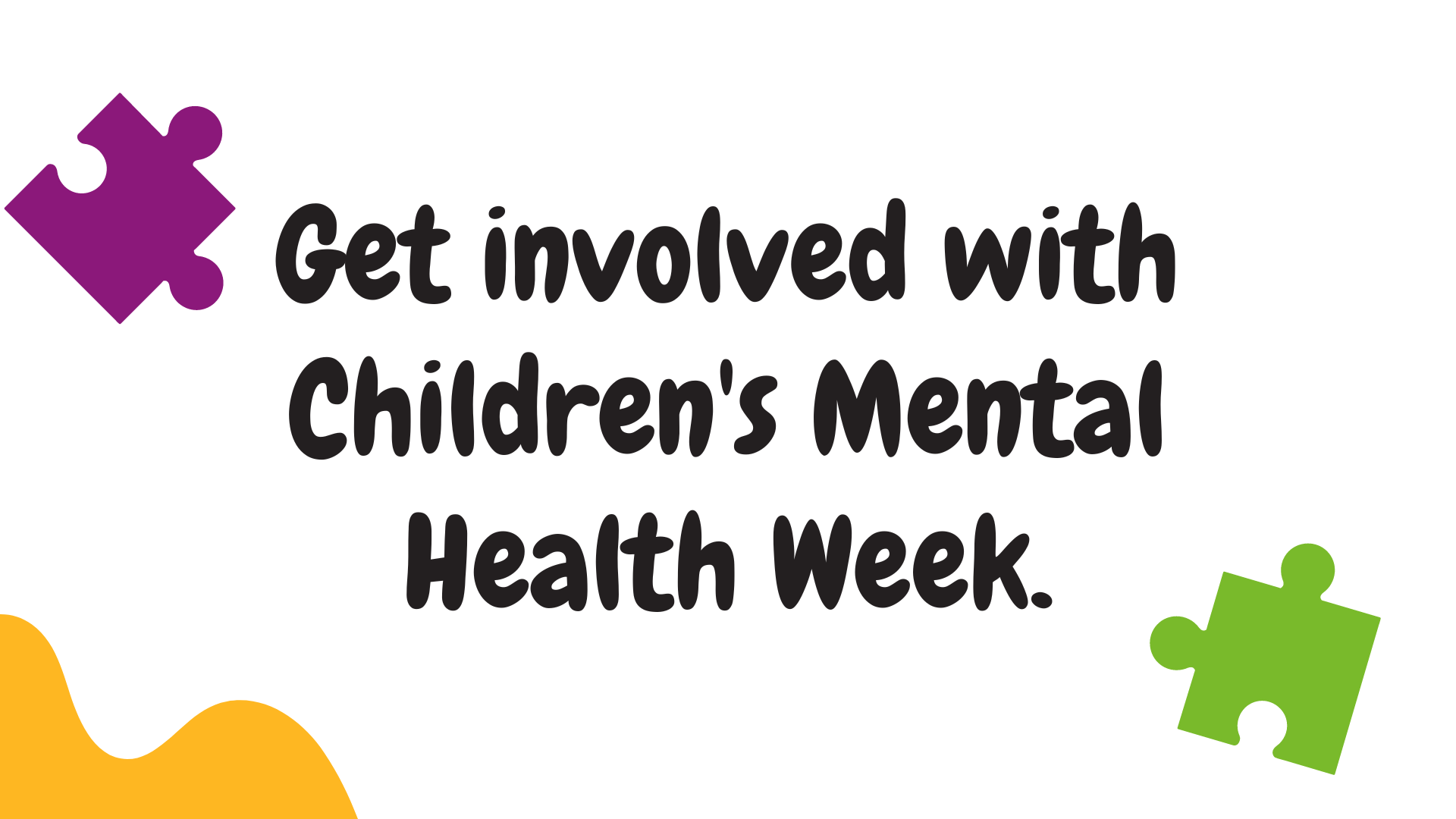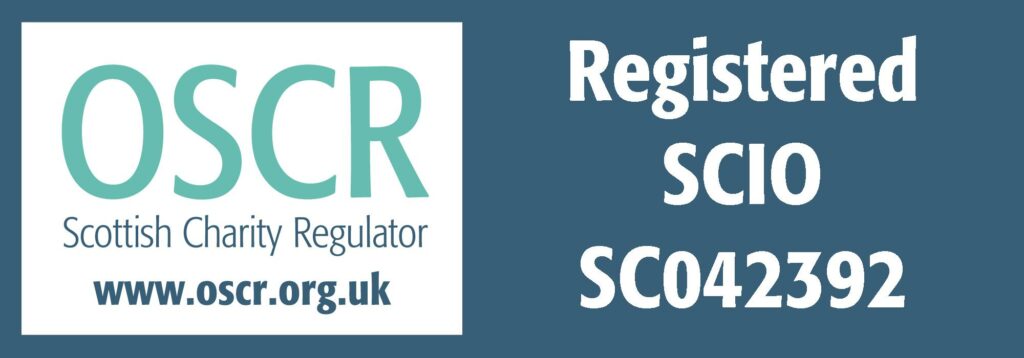Today is Global Handwashing Day – yes, that really is a thing! And handwashing has never been more important than right now.
Washing your hands regularly for at least 20 seconds with antibacterial soap can help stop the spread of the Covid-19 virus and protect your family. It is affordable and one of the most effective ways to prevent diseases.
But for little ones with eczema, excessive handwashing can cause skin to become inflamed and painful. There are steps you can take to help your child’s hands while keeping them safe.
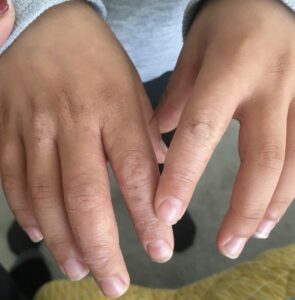
1.Wash hands with soap
In line with government guidance, using soap and water. This can be difficult for people with dry and cracked skin, but we advise to follow the government guidance as much as is practical. Emollient soap substitutes do not kill the virus and soap must be used.
2. Dry well!
Dry your hands fully after washing by patting them dry, not rubbing. Use a soft towel rather than rough paper ones.
3. Moisturise moisturise moisturise!
Dermatologist Professor Hywell Williams said about hand washing: “Moisturisers (emollients) are an essential part of treating atopic eczema. They should be applied generously after hand washing, repeatedly through the day, and whenever the skin feels dry.
“You can even use a soap substitute just after washing with real soap for extra moisture before applying the emollient!
“Some people find overnight moisturising using ointments (thicker than creams) beneficial. Apply just before bed, then put on a pair of clean cotton gloves and leave overnight.
If your child has a severe eczema flare or a suspected infection (for example, your skin is oozing) get in touch with your healthcare professional immediately.”
4. Communication is key
Speak to your child’s teacher – You should follow the advice from your child’s school regarding hand washing but if they are primary school age, make their teacher aware – either on the phone or by emailing them – that your child will need to apply their emollient after each hand washing to prevent flare ups. Encourage them to speak directly with your child about it.
Talk with your child – Also talk to your child and explain to them that moisturising after each hand wash is vital to keep their hands nice and soft. Make sure they know where their cream is kept (in their bag or a classroom cabinet, for example), that they are confident to use them.
5. Think ahead
With extra handwashing part of day to day life, being more organised can be a big help.
Eczema Outreach Support member Louise makes sure to keep a grab bag with handwashing bits and pieces for when she is with George (5).
Louise said: “George’s hands can get very sore with all the extra hand washing so I keep a small bag in my handbag with things that help. Some soaps are more harsh than others so I keep a travel sized version of one I know doesn’t cause too much irritation. I also have super soft microfibre cloths to dry his hands because the paper towels can be very rough and hand dryers can dry his hands out even more.
“His little hands can still flare but these tips have made a big difference to our daily routine.”
You can watch Professor Hywell’s full hand washing tips here.
